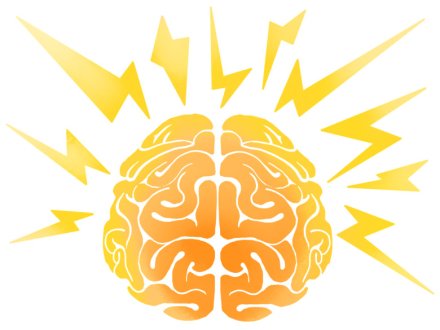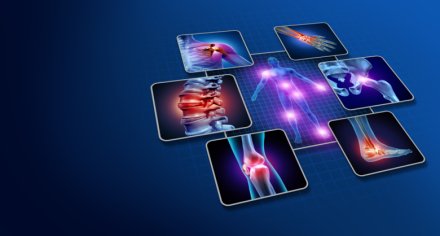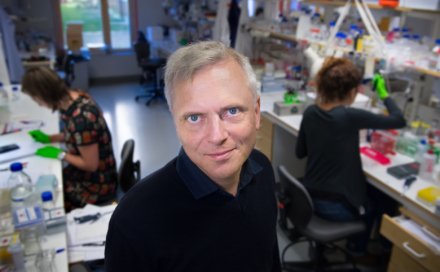
Spotlight on Chronic Pain
Today there are no good medications for chronic pain. In await on functional medicine, research has taken an interest in how patients can manage their pain in a better way. Read more in our feature on chronic pain research.

Warning signals that run amok
Pain is a vital warning signal. But when things go wrong, it turns into a fire alarm that will not switch off even when the fire has long since been put out

Even healthy backs ache
Back pain is so common that it’s considered part of life. Up to 80% of people are estimated to experience lower back pain at some point in their lifetime.

Supporting those with fibromyalgia
Resistance and challenges have not stopped Professor Eva Kosek. On the contrary, she has actively swam against the tide. Thanks to her research, there has been an increased understanding of the pain disorder fibromyalgia.

Autoantibodies a possible contributor to fibromyalgia
Researchers at Karolinska Institutet and their British colleagues have identified a possible contributory cause of fibromyalgia, a difficult to treat pain condition. In a study on mice and human tissue, the researchers found that fibromyalgia patients’ antibodies played a key part in symptom development. The results, which are published in The Journal of Clinical Investigation, pave the way for developing new treatment strategies.

Key breakthroughs in pain research
 Photo: Manfred Richter
Photo: Manfred RichterUnexpected mechanism behind chronic nerve pain
It has long been assumed that chronic nerve pain is caused by hypersensitivity in the neurons that transmit pain. However, a study by researchers at KI shows that another kind of neuron, that normally allows us to feel pleasant touch sensation, can switch function and instead signal pain after nerve damage.

The black out that revolutionized medicine
Today, operations has become routine and it is considered a matter of course to undergo surgery with anaesthesia without experiencing either pain or discomfort. However, this has not always been the case.
 Photo: Martin Stenmark
Photo: Martin Stenmark"Pain should not be allowed to dominate your life"
As a teenager, he experienced how chronic pain can destroy a person's existence. Today, Rikard Wicksell offers an evaluated method that support his aim – to help pain patients regain a meaningful life.

Changing our view of persistent pain
Living with chronic pain is challenging – not least because of the limited number of good treatments. Camilla Svensson is researching the mechanisms behind persistent pain in rheumatic diseases and how it can be tackled in new, more effective ways.

Patrik Ernfors wants to understand pain
By building up expertise around how pain arises, he hopes to help find a future solution to chronic pain. Professor Patrik Ernfors writes about failures, his work with the Nobel Prizes and why you need to be open-minded to make new discoveries.

Studies placebo and long-term pain
Karin Jensen uses brain imaging to understand why chronic pain occurs and what happens in the body when placebo, the patient's positive expectations, affect the outcome of a treatment.

Aiming at more effective analgesic
Per-Johan Jakobsson wants to gain a better understanding of chronic inflammatory diseases such as rheumatism. His research may lead to more efficacious drugs for pain and fever in the long term.
